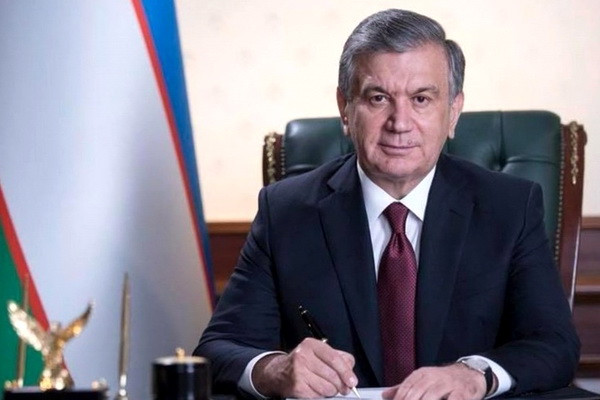
Uzbekistan strengthens measures to combat cybercrime
Uzbekistan strengthens measures to combat cybercrime
Tashkent, Uzbekistan (UzDaily.com) — On 30 April 2025, the President of the Republic of Uzbekistan signed Resolution No. PP-153 “On Measures to Further Strengthen the Fight Against Crimes Committed Using Information Technologies.”
According to the resolution, the Ministry of Internal Affairs has been designated as the authorized body responsible for coordinating efforts to combat cybercrime.
Special emphasis is placed on protecting citizens’ rights and financial security. Banks, payment systems, and payment organizations are now required to ensure compliance with information and cybersecurity standards in the course of their operations. If violations of these standards result in cybercrime, the financial institutions themselves will be held liable for compensating the damages caused.
For the first time, administrative and criminal liability is being introduced for the provision of personal bank cards, accounts, SIM cards, and e-wallets used in the commission of cybercrimes.
Penalties under criminal law are also being toughened for offenses involving information technology, as well as for the unlawful solicitation of funds or other property. The use of digital technologies in the commission of crimes will be considered an aggravating circumstance when sentencing.
Under the resolution, a monthly report will be published listing the banks and payment organizations whose systems recorded the highest number of cybercrimes.
The Central Bank will introduce a system for promptly notifying law enforcement agencies about fraudulent schemes targeting the public, particularly those bearing signs of financial pyramids.
November has been officially declared “Cyberculture Awareness Month” across the entire country.
To warn citizens about the forms and methods of cybercrime, free targeted advertisements will be used on the internet and social media platforms.
By 1 September 2025, the Central Bank will implement urgent measures, including the integration of transaction data and other necessary information from banks, payment system operators, payment organizations, and credit bureaus into a unified platform managed by the Central Bank. A centralized anti-fraud system will also be fully deployed, along with similar systems within individual banks and payment organizations.
New regulations will be developed governing the procedure for opening bank accounts and issuing bank cards for minors. Additionally, banks will begin notifying parents of suspicious or fraudulent transactions involving their children.
Banking and payment organization mobile apps will be required to include built-in antivirus protection, and users will receive alerts if malicious software is detected on their devices.
Upon request from relevant divisions of the Ministry of Internal Affairs, bank cards suspected of involvement in questionable transactions will be promptly blocked.
As part of pre-investigation and preliminary inquiry procedures into cybercrime cases, expert conclusions on compliance with cybersecurity requirements will be issued by the State Unitary Enterprise “Cybersecurity Center.”
A new Center for Assistance in Combating Cybercrime and Digital Forensics will also be established. One of its core functions will be the development of scientifically based proposals for identifying and addressing challenges encountered in the detection and investigation of cybercrimes.